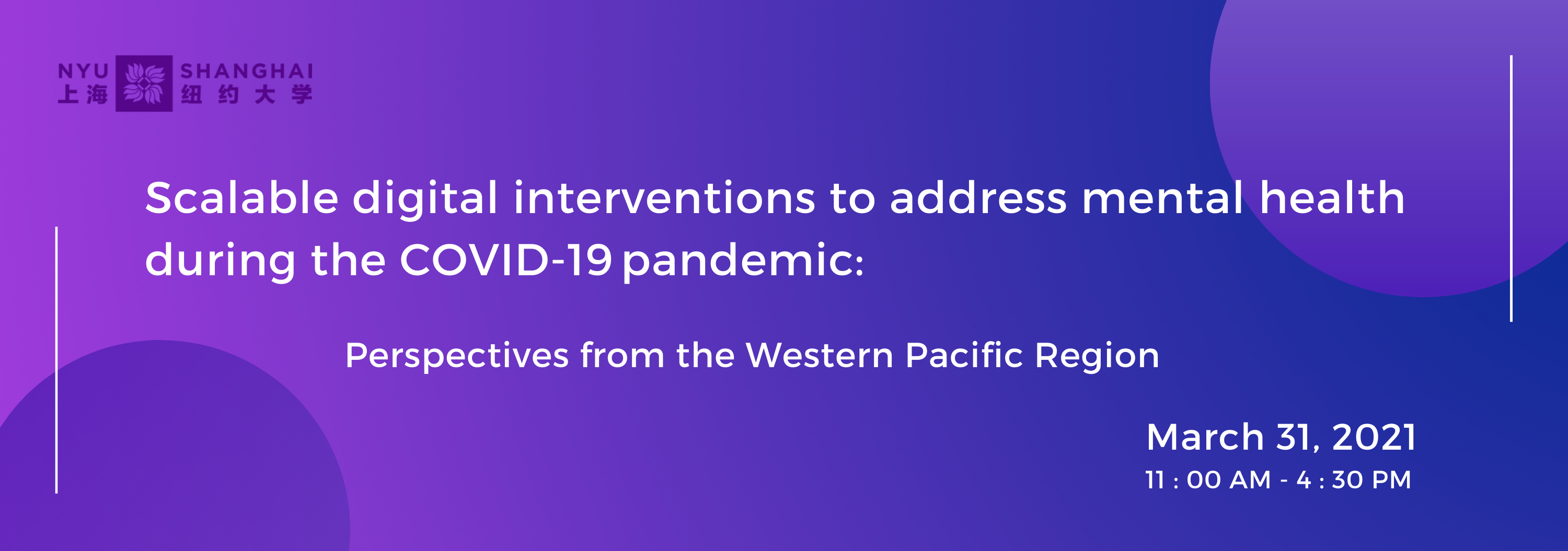
Scalable digital interventions to address mental health during the COVID-19 pandemic: Perspectives from the Western Pacific Region
Strategies to reduce the level of COVID-19 transmission and mitigate its overall impact on the population will largely rely on non-pharmaceutical public health measures. Mental Health and Psychosocial Support (MHPSS) is an essential component of a public health response to COVID-19. They are key to protecting vulnerable segments of the population and preventing the risk of long-term repercussions to the population’s wellbeing and capacity to cope with adversity. Disruptions to mental health service provision, as a result of quarantine and stress on the overall health system, can result in an increase in mortality and morbidity arising from decompensation of the chronically ill, an acute increase in anxiety and increased risk of suicidality and depression.
The scale up and deployment of non-pharmacologic interventions is a strategy that has been applied by various countries to ensure continuity of mental health care. A scoping review of psychosocial and community interventions during COVID-19 in the Western Pacific Region has revealed over 170 different programs, initiatives, and projects across the spectrum of MHPSS interventions in emergencies (Hall et al., 2020). Disseminating the outcomes of this review and building capacity to implement psychological interventions will enhance the resilience of mental health systems as the pandemic continues to evolve. One key strategy identified in this review was the widespread use of digital mental health intervention programs. The trend toward telemedicine and mobile applications in treatment of common mental disorders was evolving before the pandemic, and the physical distancing measures imposed hastened the development and roll-out of these treatment approaches. The Western Pacific Region is home to innovations in this treatment modality. Many of these programs were rolled out in China since it was the initial epicenter for the COVID-19 outbreak.
This meeting will broadly discuss the state of science for digital mental health and innovations in the region in order to further development and implementation of these potentially scalable interventions.
This all-day seminar will bring together various experts in the implementation of digital mental health interventions to share their perspectives on the state of the science and lessons learned in project implementation.
*Contact person: Prof Brian J. Hall (brianhall@nyu.edu)
